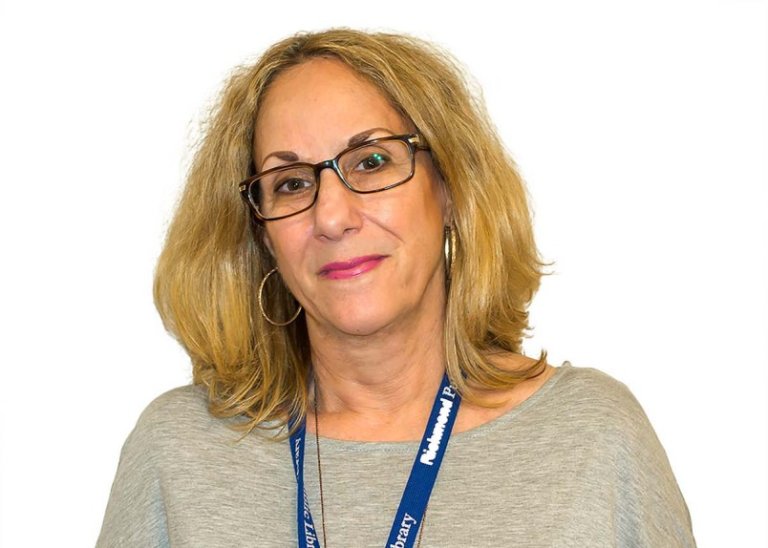Back
It's never too early to help youngsters make sense of cents

It’s September and that means back to school!
School often starts at home and having a discussion about basic financial education doesn’t have to wait until your children are grown and have their first job.
Kids could and should start learning about the value of money as early as seven years of age.
It is up to parents and guardians to teach children financial education at an early age, and continue to help develop these skills throughout their life.
The areas we suggest starting with are the value of money, budgeting and saving, and having financial goals.
It’s much easier to understand value when holding physical cash but it is harder today with most financial transactions being electronic.
For kids under 12, we suggest using physical cash when teaching them, as it is much easier to comprehend the concept of value when they can see and feel it.
Learning the fundamentals of money can be a bit tougher when kids have to be taught about online and mobile banking and only see numbers on a screen.
In the new digital age, banking has evolved from taking one’s cash allowance to the bank to deposit those funds and track them with a bank book to likely receiving electronic allowances, monitoring the balances in their accounts online and ensuring they watch inflows and outflows of money.
Children learn two different ways – what they are taught and by what they observe. A core lesson we recommend parents teach their children is how to budget and save.
You may be familiar with the old saying “it’s not what you make, it’s what you spend,” and as important as it was for us to hear and understand that saying, it is even more important that our children hear it as we live in an age of instant gratification.
The power of basic budgeting teaches financial diligence; allows your children to plan for their goals, set a plan by which they can achieve them, and earn instant gratification.
Setting small financial goals will give them the foundation to remain disciplined as they grow older. Encourage your children to maintain a record of how they spend their money and to keep a running tally each month.
This will ensure they remain accountable for their spending habits as they may not even realize how much they spend if they are eating out regularly and not saving their money.
As your child gets older and starts to earn more money through various jobs, they will inevitably follow your lead in how to save money to buy the things they want. Lead by example and be proactive in sharing your experience in saving for a vacation or something you want to buy down the road by making it a family goal.
Young children won’t be able to put away as much as older kids but teens should be shown the power of compound interest.
As Einstein once said, “it is the eighth wonder of the world!”
It is important for them to understand that they aren’t going to be rich overnight and saving takes time but the earlier they start, the more they can earn.
The idea of your money making money when you are sleeping is sometimes a hard concept to grasp. The effects of compounding can be astonishing especially when starting early.
How should you start? Try to reward your children for saving money and instill the importance of savings at an early age. Begin with games in the house revolving around money; give them extra chores they can earn money from; open a bank account for them; give them a goal to save for an item they really want. Over time, you can guide your kids along the right path when it comes to learning the value of money, eventually getting a credit card, taking their first loan, buying a car and securing a mortgage on their first house.
It all starts with understanding the value of money.
Lori Pinkowski is a senior portfolio manager and senior vice president, Private Client Group, at Raymond James Ltd., a member of the Canadian Investor Protection Fund. This is for informational purposes only and does not necessarily reflect the opinions of Raymond James. Lori can answer any questions at 604-915-LORI or pinkowski@raymondjames.ca. You can also listen to her every Wednesday morning on CKNW at 8:40 a.m.
By: North Shore News
GuidedBy is a community builder and part of the Glacier Media news network. This article originally appeared on a Glacier Media publication.
Topics
Related Stories
-
Finance Richmond
Column: Buy travel medical insurance, trust me
Paradise doesn't always look the way you expect it to. My husband Harvey and I were just looking for sun, sand and lots of...
-
Finance Burnaby
Profiles of Excellence: Harjit Sandhu at IG Wealth Management
Sponsored Content There’s no such thing as one-size-fits-all when it comes to money – yet all too often, financial advice can...
-
Finance Vancouver
A ‘financial spa’ has opened in Vancouver
One thing is for sure, a new financial institution in Kerrisdale is not your grandmother’s bank. To find out more about this...
-
Finance Burnaby
Profiles of Excellence: Custom Mortgages
Sponsored Content The hunt for a dream home is often focused on the physical: the type of house, the number of rooms, the...
-
Finance Burnaby
Power up your future with compound interest
Sponsored Content Is compound interest the eighth wonder of the world? According to Albert Einstein, who knew much about...
-
Finance
MONEY MATTERS: If debt’s got you down, it’s time to get your debt down
Down with debt! But what is the best way to get debt down? I just helped a friend consolidate her debts to reduce her...
-
Finance Delta
3 Tips for avoiding sales tax overpayment
Sponsored Content For a business owner, collecting and remitting sales tax, both GST and PST, is annoying enough without...
-
Finance
MAKING CENTS: Ready to retire? Ask yourself these questions first
The ability to retire comfortably is all about creating enough cash flow to cover your living expenses for the lifestyle you...







